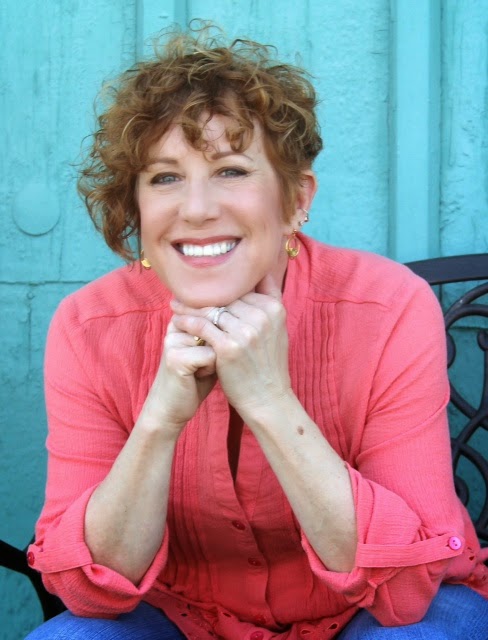Is there a difference between a small press and an indie
publisher? Or are they the same thing?
At one time, small press and independent (indie) press simply meant,
a publisher that is independently owned. Such a press is one that
operates independent of large publishing corporations, such as Simon and
Schuster, Penguin Random House and HarperCollins.
More and more, though, you hear writers say their books are “indie
published” instead of using the term “self-published.” An author whose lagging
sales meant her big-name publisher was less than interested in her new work
decided to “go indie.” In other words, she intended to self-publish. Amazon
even uses indie to refer to their self-publishing service. The Kindle Indie Bookstore website states “‘Indie’ is hard to define, but
anything cool, creative and different is ‘indie,’” a
definition that I find a little squishy when it comes to publishing.
The shift in the meaning of indie has been coming for a long
time. As far back as 2008, a book titled Indie Publishing: How to Design and
Publish Your Own Book touted: “Once referred to derisively as vanity
publishing, self-published books are finally taking their place alongside more
accepted indie categories such as music, film, and theater.”
When you consider the term in this light, indie doesn’t have the
negative connotations that vanity does. Perception is everything.
What, then, defines a small press? A small press is an
independent publisher that’s, well, small. They typically publish less than ten
titles a year, depending on their resources. Small presses may specialize in a
niche market often overlooked by big publishing houses. They are not driven by shareholders
demanding huge profits, so they can take chances on authors and titles that a
big publisher might not, and they take pride in this. They are typically more
active in the editing, marketing and distribution of their books than a tight-fisted
corporate publisher. Small presses make up approximately half the market share
of the book publishing industry.
The most important difference between a small press and an
indie/self-publisher is that a small press does not charge the author to publish
their book. A small press may not be able to pay large or any advances, but
they will not ask an author for money.
The Science Fiction and Fantasy Writers Association states on
their website, “No matter where you encounter it in the publishing process, a fee
or a requirement to purchase something is a sign either of a vanity operation
or a self publisher.” [http://www.sfwa.org/other-resources/for-authors/writer-beware/vanity/]
If you’re looking for a publisher, be
aware of this shift in meaning: an indie publisher may simply be a
self-publishing service. Check for hidden fees or subsidy requirements. Beyond
that, look at what titles the press has published, where and how their books
are sold, and if they’re selling. Visit their websites. Email their authors.
Check around. If you intend to go indie, or self-publish, write well, plan
ahead, and do whatever it takes to earn your book the respect it deserves.
©2014
Linda K. Sienkiewicz
Sienkiewicz
is a writer and artist who's always in search of a good story. Her poetry,
short stories and essays have appeared in over fifty literary journals in print
and online, and among her awards are a poetry chapbook and Pushcart Prize
Nomination. She has an MFA in Fiction from Stonecoast at the University of
Southern Maine. Her first novel, In the Context of Love will be released
in July 2015 by Buddhapuss Ink LLC.
Thanks Linda, for another
terrific piece! Buddhapuss Ink LLC is proud to be a small, but solid house
known for great fiction and nonfiction books, written for readers with brains
by authors who have more than just one book in them.
READERS: We hope you
enjoyed this week's edition of our #WW Writer Wednesday Series and that we'll
see you again next week when our guest poster Addie King writes about Telling a
Story in Three Acts. Till then, "Butt in chair, WRITE!
~ The Black Cat



No comments:
Post a Comment